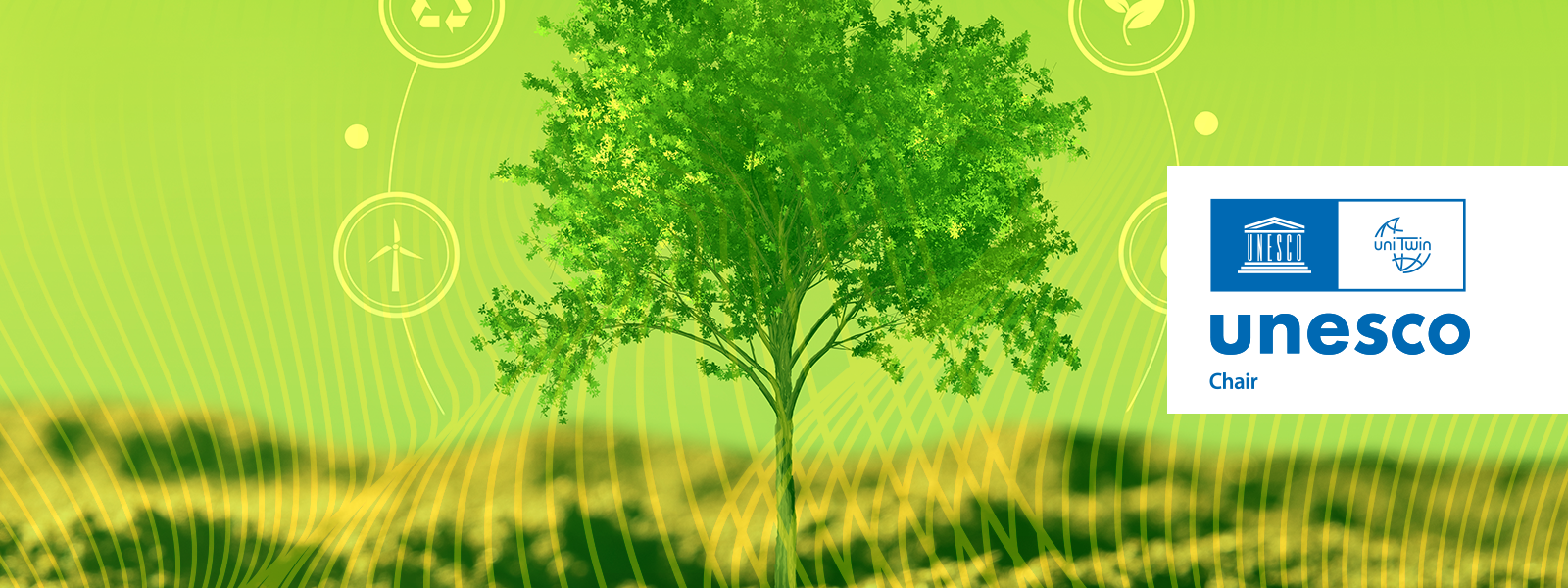Responsible Futures

About this Programme
Responsible Futures is the umbrella research programme for the Chair. Its purpose is to introduce appropriate methodologies and narratives as a resource for research, education and capacity building in multiple contexts and with a range of partners.
The programme contributes to a range of SDGs, through the associated programmes, and principally to developing partnerships SDG17
Example Projects

Studying ways in which responsibility is manifest in anticipatory systems
Prof. Ted Fuller is developing the narratives and networks for studying ways in which responsibility is manifest in anticipatory systems. He founded the Responsible Futures Global Network with UNESCO Chair Prof. Fabrice Roubelat (Poitiers University), which organises seminars and joint research and publication programmes.
The nature of responsibility and open futures
April Ward's research is on the role of imagined futures in transitions and in this programme she is exploring the nature of responsibility and open futures, as well as playing a key role in the organising team for the project.


Aspects of the futures of agri-food, developing methodologies for identifying the characteristics of responsibility in socio-technological systems
Dr Carolina Camacho Villa's research on aspects of the futures of agri-food are developing specific methodologies for identifying the characteristics of responsibility in socio-technological systems.
Other Programme Contributors
More Programmes
---
The designations employed and the presentation of material throughout this publication do not imply the expression of any opinion whatsoever on the part of UNESCO concerning the legal status of any country, territory, city or area or of its authorities, or concerning the delimitation of its frontiers or boundaries.
The ideas and opinions expressed in this publication are those of the authors; they are not necessarily those of UNESCO and do not commit the Organization.
Connect with Us
 |
 |
 |
 |
 |
 |
Lincoln International Business School, University of Lincoln, Brayford Wharf East, Lincoln, LN5 7AT, UK
Telephone: +44 (0)1522 835509 | Email: libs@lincoln.ac.uk





